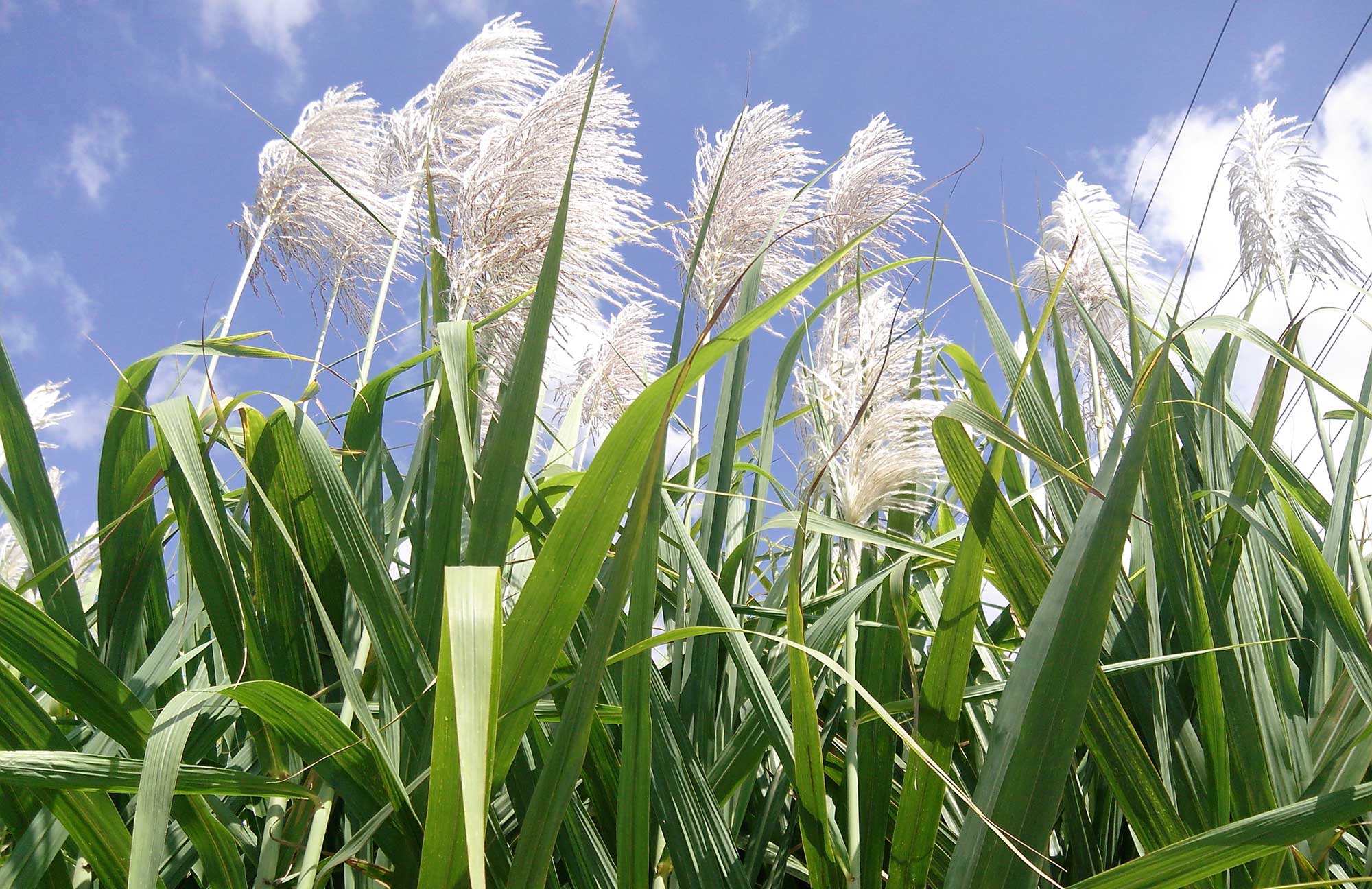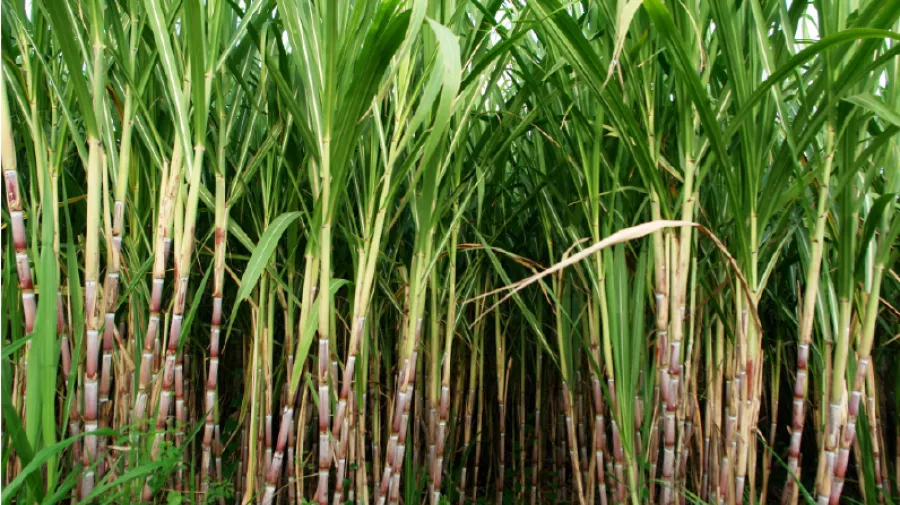Why Sugar and Cane Are Key Ingredients in Many Popular Beverages
Why Sugar and Cane Are Key Ingredients in Many Popular Beverages
Blog Article
Why Cane Sugar Handling Chemicals Are Vital for Modern Sugar Refining
The function of walking stick sugar processing chemicals in modern-day sugar refining can not be overemphasized, as they are essential to enhancing both the effectiveness of removal and the overall high quality of the end product. Agents such as phosphoric acid and certain flocculants are employed to remove pollutants, leading to sugar that not just meets customer assumptions however also adheres to market standards. The effects of these chemicals extend past quality, touching upon market characteristics and ecological factors to consider. sugar and cane. This increases essential inquiries regarding the sustainability of such methods and their impact on the future of sugar production.
Role of Processing Chemicals
The efficacy of cane sugar handling pivots considerably on the calculated application of processing chemicals. These chemicals play a pivotal duty in boosting the efficiency and top quality of sugar removal and refining. From the preliminary stages of juice extraction to the final purification steps, handling chemicals help with various crucial procedures.
In the removal stage, chemicals such as phosphoric acid and calcium hydroxide are utilized to optimize the explanation process, helping to get rid of contaminations and put on hold solids from the cane juice. This not just enhances the yield but also guarantees the clearness of the end product. Furthermore, agents like flocculants help in the quick settling of contaminations, therefore improving the total process.
As the processing breakthroughs, chemicals are made use of in decolorization and condensation phases. Triggered carbon and ion exchange materials offer to eliminate color and odor, guaranteeing that the refined sugar satisfies customer high quality requirements. Eventually, the function of processing chemicals extends beyond functional efficiency; they substantially influence the sensory features of the end product, adding to market competitiveness. Thus, the careful option and application of these chemicals are important for attaining optimal end results in walking cane sugar handling.
Key Types of Chemicals
Cane sugar processing depends on a selection of key chemicals that help with each stage of manufacturing. These chemicals play essential roles in clearing up, whitening, and detoxifying the sugar removed from walking cane.
One primary classification of chemicals includes flocculants, such as polyacrylamide, which help in the clarification process by promoting the gathering and settling of contaminations. Additionally, calcium hydroxide is frequently employed to counteract acidity and help in the removal of non-sugar parts.
Whitening agents, such as activated carbon and sulfur dioxide, are utilized to decolorize the syrup, leading to a clearer end product. These chemicals help get rid of shade compounds that might influence the sugar's appearance and bankability.
In addition, phosphoric acid works as a pH regulator throughout the handling phases, making certain optimal conditions for the chemical tasks associated with sugar extraction and purification.
Other essential agents consist of edta (ethylenediaminetetraacetic acid), which chelates metal ions that could militarize unfavorable responses, and sodium hydroxide, which assists in pH control throughout the refining procedure. Collectively, these chemicals boost effectiveness and ensure a high-quality walking stick sugar product.
Advantages for Sugar Top Quality
Typically ignored, making use of certain processing chemicals significantly improves the overall high quality of cane sugar. These chemicals play an essential role in refining procedures, guaranteeing that the end product meets stringent market requirements for purity and taste.

Additionally, refining chemicals assist in accomplishing a regular granulation and texture, which are critical for consumer acceptance. By regulating the crystallization procedure, these chemicals make certain that the sugar crystals develop evenly, resulting in an extra appealing product that liquifies well in numerous applications.
Furthermore, using these chemicals can enhance the life span of walking stick sugar by decreasing wetness absorption and microbial growth. Overall, the strategic application of handling chemicals is necessary for providing high-quality cane sugar that fulfills customer expectations and industry needs.
Ecological Influence Considerations

In addition, the energy-intensive nature of sugar refining, compounded by chemical use, commonly results in raised carbon exhausts. This adds read more to environment modification and elevates concerns concerning the sustainability of current refining methods. Additionally, the sourcing of these chemicals might entail techniques that threaten biodiversity, such as monoculture farming, which minimizes the durability of farming environments.

To minimize these influences, sugar refiners are progressively discovering lasting alternatives and adopting ideal practices that decrease chemical usage. Applying extensive environmental monitoring systems can aid guarantee that the refining process aligns with ecological standards and promotes biodiversity. Inevitably, a well balanced technique that prioritizes both sugar quality and environmental stewardship is important for the lasting viability of the sugar sector.
Future Fads in Refining
As the sugar market grapples with the ecological difficulties connected with typical refining techniques, innovative strategies are arising to enhance both efficiency and sustainability. One substantial pattern is the adoption of green chemistry principles, which prioritize the usage of non-toxic, naturally degradable handling chemicals. This change not only decreases ecological impact yet additionally addresses consumer need for cleaner manufacturing techniques.
One more promising growth is the application of advanced purification modern technologies, such as membrane layer splitting up and adsorption processes. These methods enhance the clarity and quality of the sugar while decreasing the quantity of wastewater produced throughout refining. Additionally, the integration of electronic innovations, including IoT and AI, is transforming operational effectiveness by enabling real-time monitoring and predictive maintenance, therefore minimizing resource waste.
Furthermore, the use of spin-offs from sugar refining, such as bagasse and molasses, is gaining traction. These materials can be exchanged biofuels or value-added products, contributing to a round economic situation within the sector. Collectively, these fads indicate a change towards more lasting methods that not only improve operational effectiveness yet additionally straighten with global sustainability goals, ensuring the future feasibility of sugar refining.
Verdict
Walking stick sugar processing chemicals are necessary in modern-day sugar refining, significantly enhancing the efficiency and quality of sugar extraction. The tactical use these chemicals not only enhances the pureness and taste of the last product however additionally ensures constant formation and structure. As the sector increasingly prioritizes sustainability, the fostering of environmentally-friendly processing representatives is most likely to form future fads in refining, eventually causing higher quality products and expanded life span for consumers.
:strip_icc()/How-to-Plant-and-Grow-Sugar-Cane-965303384-2fdac181359d44c185dfa7988fc181a8.jpg)
Eventually, a well balanced method that focuses on both sugar quality and environmental stewardship is essential for the long-lasting practicality of the sugar sector.
Cane sugar handling chemicals are vital in modern-day sugar refining, substantially enhancing the effectiveness and quality of sugar removal.
Report this page